Death is universal, but ways of grieving is not.
Grieving is a deeply personal process.
After my dad died, I explored my own grieving process with the curiosity of a psychologist, and the tender heart of a daughter.
I discovered that despite my family members sharing in the grief of losing my dad, we all grieved in our own ways.
Since then, I have been observing grief around me with keen eyes. Watching how people from varying cultural backgrounds grieve differently, and trying to make sense of it all.
See, my dad himself is of English origin, but he left the UK when he was 25 years old. In search of a better life in a more tolerable climate.
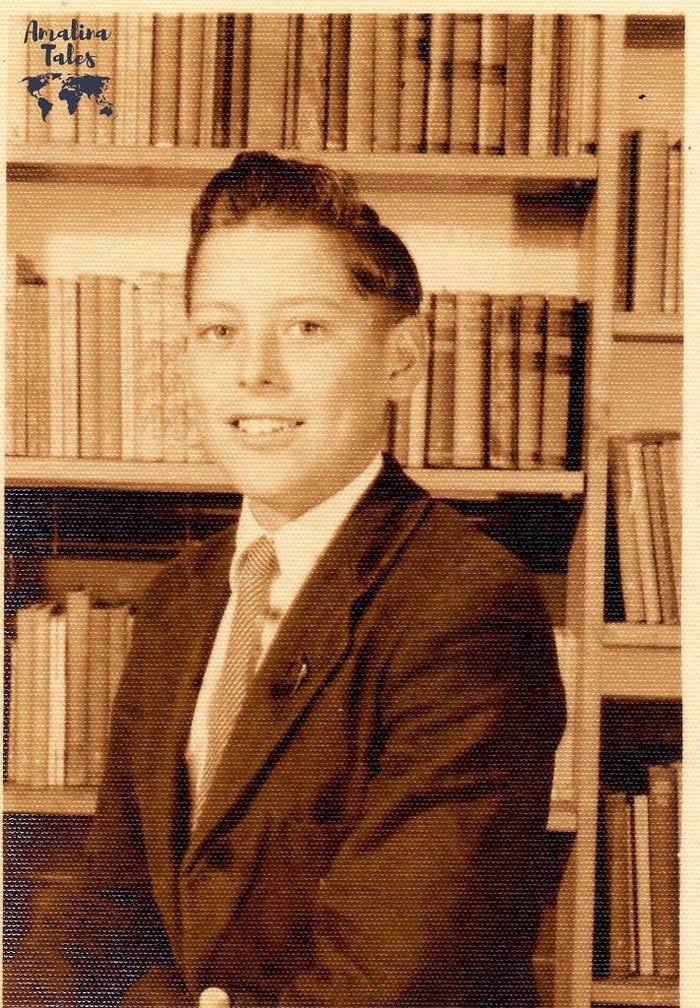
Australia was the land of opportunities, fondly called “the land of milk and honey” by the Britons that mass migrated there since the early 1900s. My dad did an overland trip from England to Australia in 1968. He ended up living in Australia for about 20 years.
Eventually, he moved to Malaysia after marrying my Malaysian mother. He converted to become a Muslim and lived in Malaysia for the remaining 35 years of his life.
Culturally, my dad considers himself to be British-born, Australian-made, and adopted by the Malaysians.
So when he died, he received the full Malaysian Muslim funeral rites.
As I was part of the whole experience, from funerals to mourning to condolences — I would like to attempt a comparison between the processes of two cultures from the Eastern and Western worlds.
Eastern, more specifically, is of the Malaysian Muslim context, and Western is of the British Christian context.
I am careful to make cultural and religious ties because death and religious traditions are often inseparable.
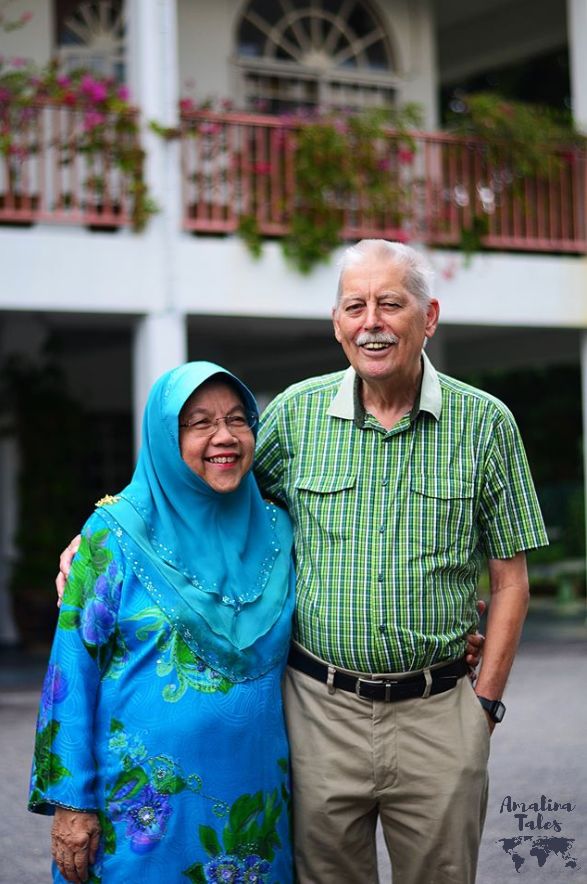
The Funeral Rites
A Muslim funeral is swift. Quick. Immediate.
The body is buried on the same day it dies.
If the person dies after sundown, the body remains at the mosque/place of worship overnight and is buried first thing tomorrow.
My dad died at 5.39 a.m., and he was in the grave by 2 p.m on the same day.
This was considered late… But because he died on a Friday (a holy day for Muslims), they decided to perform his funeral prayers together with the Friday congregational prayers.
If it was any other day, he would probably have been buried by noon.
There are multiple reasons behind this.
The Muslims advise burials to be done quickly to ease the pain and suffering of the loved ones left behind. Death does not look pretty on anyone, so the quicker the body is buried, the better. Especially living in a hot climate like Malaysia, delays to the burial would cause the body to start to rot.
On the other hand, in Western Christian funerals, there’s no set schedule for when they should be buried after passing away.
Some prefer to do it immediately, some wait for weeks or even months.
With most Western countries having colder climates, burials are not as rushed. Especially in today’s day and age, lots of families live far away and need some time to travel.
Most Western morgues are equipped with refrigerators, to help preserve bodies for a longer period of time. Services like embalming are also available if an open casket funeral is to be held.
Mourning Periods
In Muslim tradition, a woman is in a mourning period after her husband passes away. The mourning period, or iddah period in Arabic, lasts for four months and ten days (approximately 128 days).
During this time, the widow is not to leave the house or mix with society, except to perform her responsibilities like going to work to provide for her family.
The logic behind the rather strict rule is to ensure paternity in the case that the woman is pregnant. However, this rule still applies to non-menstruating women; i.e women who cannot get pregnant.
My mother, who is turning 74 years old, obviously would not be pregnant. Yet, she abides by the iddah period fervently, and has not left the house for almost two months except to go to medical checkups.
She hasn’t even visited my dad’s grave.
For other mourners, family & friends alike, only 3 days of mourning is allowed in the Muslim culture. This rule is in place to ensure that one continues on with life and not be hindered by those who have left this world.
On the other side, Western Christianity’s practises of the mourning period vary greatly. It depends on many factors such as the branch of Christianity (Protestant, Catholic, etc), relationship to the deceased, time of burial, etc.
For example, Catholic mourners have three types of mourning.
- Heavy mourning is the most intense mourning period. One would wear all-black clothing, with no jewellery containing coloured stones.
- Half mourning is the next period of mourning. Black with white trim, or white with black trim, is considered the standard for dressing.
- Light mourning is the final stage of mourning. Clothes are characterised by mild colours, including black and white mixtures, greys, mauves and other soft pastel colours.
In the 1950s, it was an accepted standard that a widow would mourn their partner with one year of heavy mourning, followed by six months of half mourning and another six months of light mourning.
Conveying Grief
When my dad passed away, condolence messages were pouring in from all corners of the globe — from Malaysia, the UK, the US, Australia, and Denmark.
I then observed some differences between how people from different cultural backgrounds conveyed their grief.
To put it simply, one group focused on remembering how he lived, and the other focused on where he was going.
Most of the Western condolence messages focused on reminiscing about my dad’s life. They shared how he had made an impact on their lives. They recounted the moments that they cherished with him. They recalled the contribution he made through his work.
Here’s an example condolence message received from my dad’s Danish student.
Peter Davis was my gateway to Malaysia back in 1999, when he was my local supervisor for my one semester exchange program to UPM. I couldn’t have asked for a better and more passionate introduction to the field of thermal comfort buildings in Malaysia.
In the photo, we pose in front of his office building at the UPM campus on one of the last days of my stay (Jan 2000). With fond memories and eternal gratitude, I extend my heartfelt condolences to the family.
On the other hand, the condolence messages from Malaysia were centred around where he was going — the afterlife.
Muslims believe that souls journey from this life onto the next realm, eventually making their way to either heaven or hell.
The condolence messages I received from Malaysia reflected that. It was focused on prayers to ease his journey into the afterlife. They hope to provide solace to the family members by ensuring he will have a peaceful, safe journey towards heaven.
Inalillahiwainnailahirojiun. (An Arabic phrase, which means “Indeed, we belong to Allah, and indeed, to Him we return).
May your dad be placed amongst the righteous and be granted the highest Jannah (heaven). Condolences to you and your family.
Does your cultural or religious background have any interesting grieving practices? Would love to hear about it in the comments section!
This article was originally published on Medium.

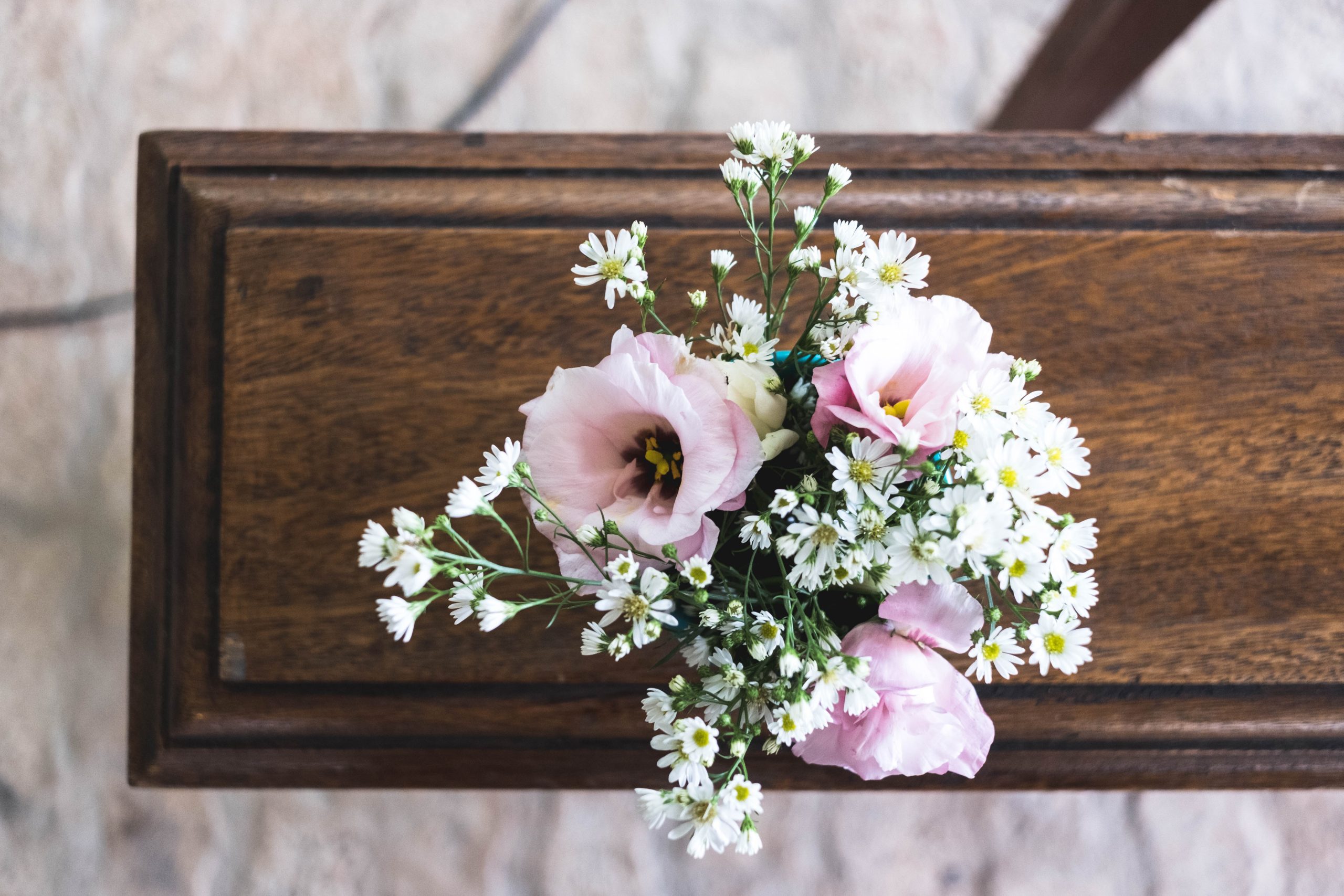
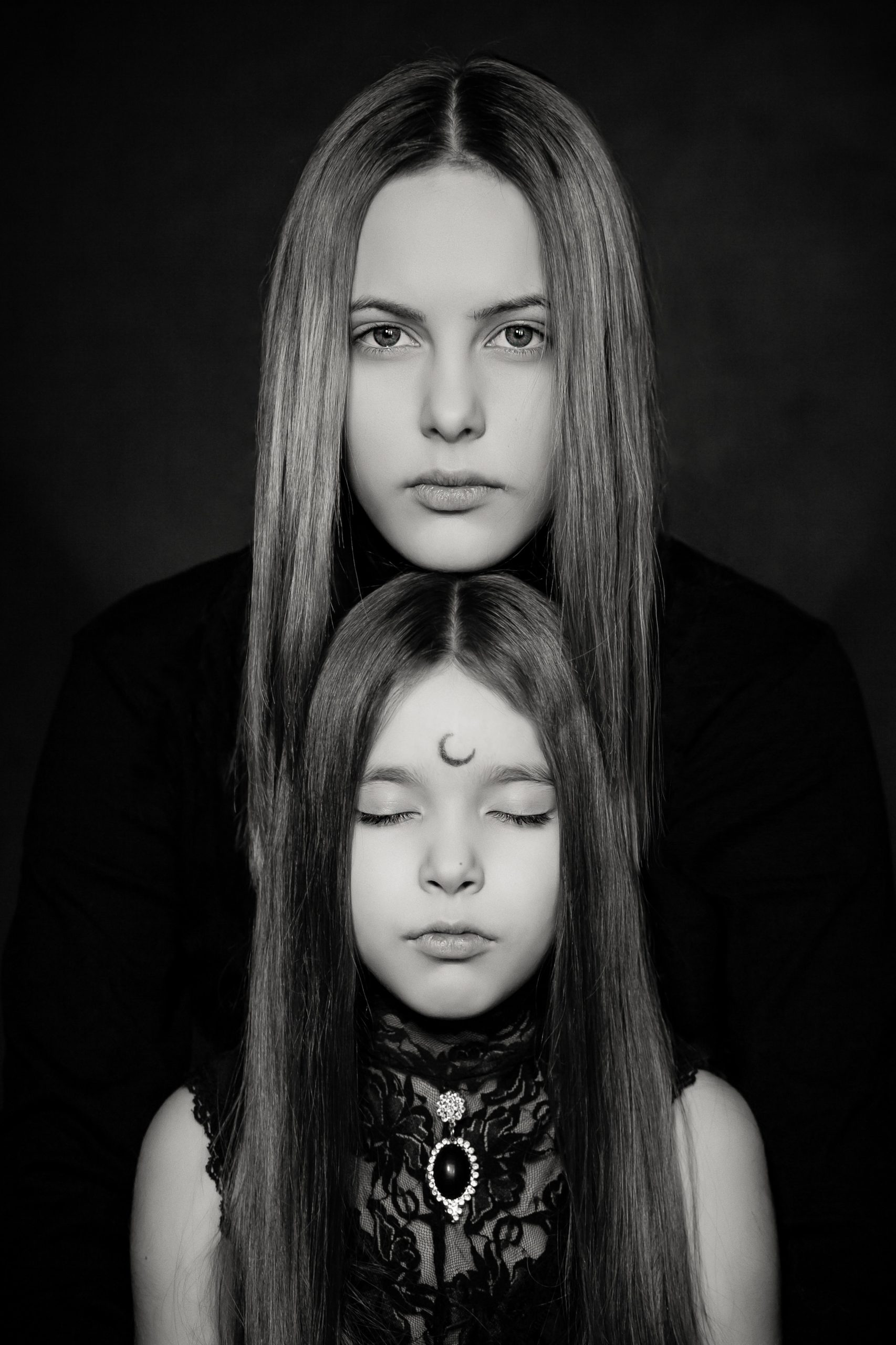
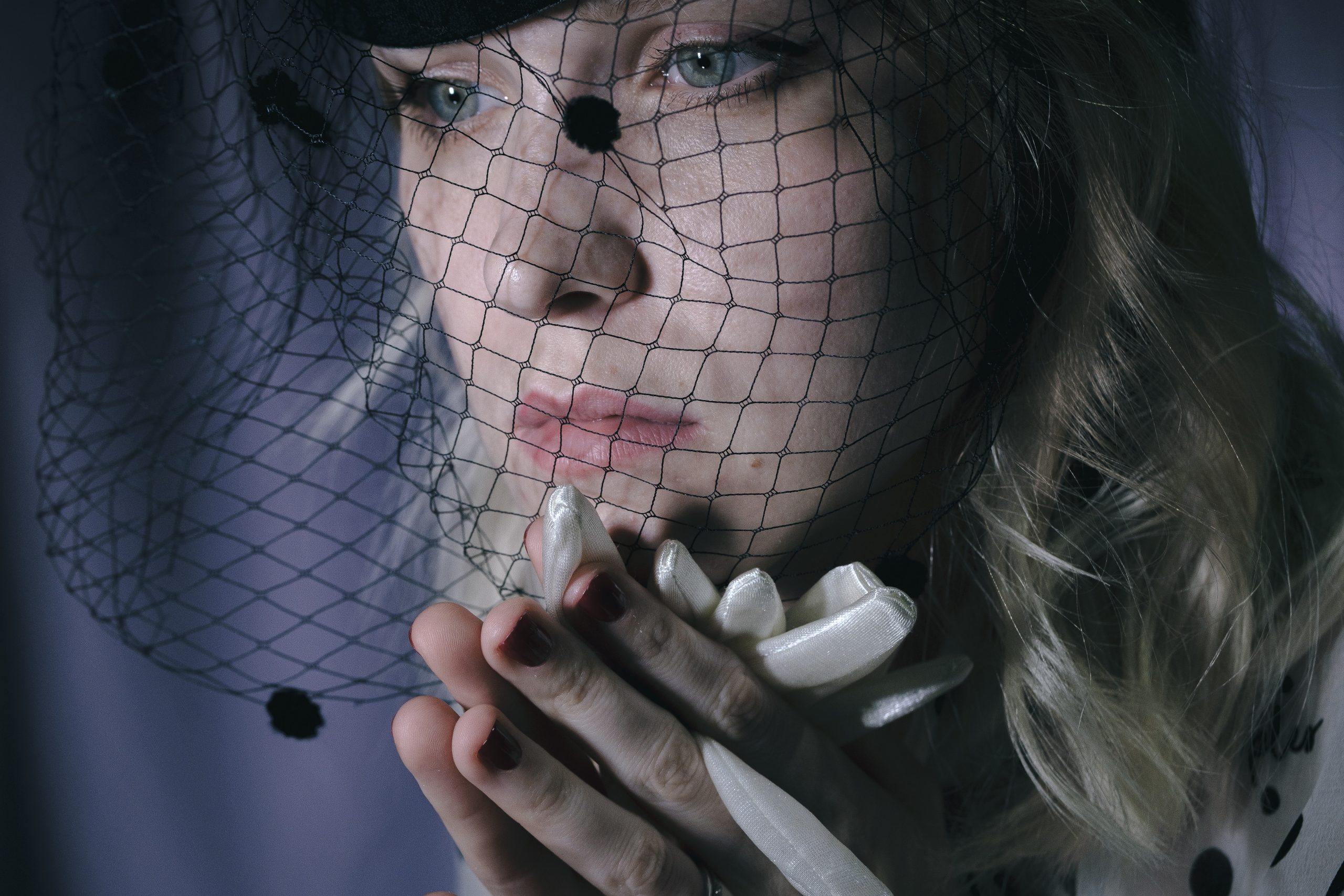

2 Responses
A beautiful writing; very apt and stark but I can still feel your grief as I lost my father when I was 14 yrs old. I still quietly grieve and long for my father whenever I watch P. Ramlee movies or hear his favourite songs. I continue to say a prayer or two after solat and send Al-Fatihah to ease his alam barzaqh. My current life could fuel his afterlife or make him suffer further. I hope for the former.
Thank you for sharing your experience. I guess it’s true what they say, grief never truly leaves you. May our father’s souls be blessed in the afterlife.